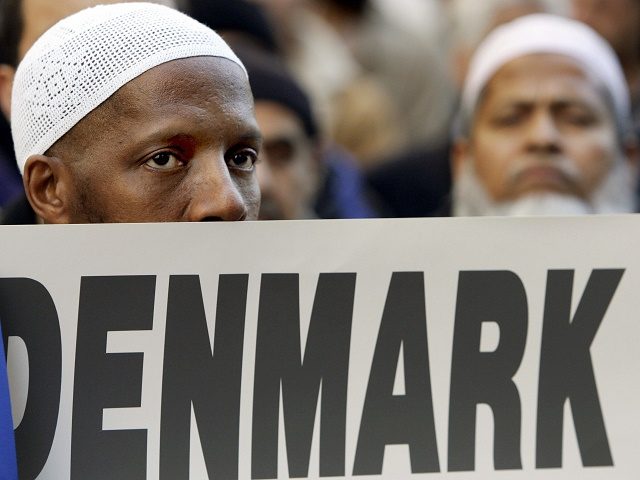Danish authorities have begun applying a law allowing the confiscation of goods from migrants applying for asylum status, seizing almost $12,000 from five Iranians arrested this week at Copenhagen Airport.
According to the law, police are authorized to requisition from migrants all nonessential goods worth over 10 thousand Danish crowns ($1,500). The seized money is to be used to defray the costs of migrants living in the country (food and lodging) while they wait for their asylum application to be processed.
The law permitting the confiscation of money and valuables from asylum-seekers was approved by the Danish Parliament in January, and entered into force in February. This week’s seizure of 79,600 crowns ($11,875) from five Iranian asylum seekers is the first time the law has been applied. The group, composed of three men and two women, were arrested by police for possession of “fake passports,” the police said in a statement.
The stated aim behind the law, besides covering immigrants’ expenses, is to reduce the influx of migrants, and the measure has been criticized by human rights groups such as Amnesty International.
Similar practices are already in vigor in Bavaria, Baden-Württemberg and Switzerland.
Danish Immigration and Integration Minister Inger Stojberg has defended the law as a legitimate means of paying for migrants’ expenses, and said that this week’s confiscation was well handled.
“In my opinion, it is quite reasonable that you have to pay if you can handle yourself when you come here as an asylum seeker,” she said. The recent confiscation “shows that there is a good reason we introduced this law in the first place.”
“It is clear that there are very few who travel to Denmark with a greater amount of cash,” she added.
After the record number of 21,000 asylum applications in 2015, Danish authorities introduced the measure, as well as reinstating border controls with Germany.
More recently, in the wake of the UK’s recent “Brexit” vote, the Danish People’s Party (DK), led by Kristian Thulesen Dahl, have called for a ‘Danexit’ of their own. The Danish populists are watching Britain closely, hoping to use their exit negotiations as a template for a future withdrawal of Denmark from the European Union (EU).
In a referendum last December, Danish voters backed Mr. Thulesen Dahl’s rejection of a government proposal to adopt EU justice rules, seen by many as handing over more power to Brussels.
Follow Thomas D. Williams on Twitter Follow @tdwilliamsrome

COMMENTS
Please let us know if you're having issues with commenting.